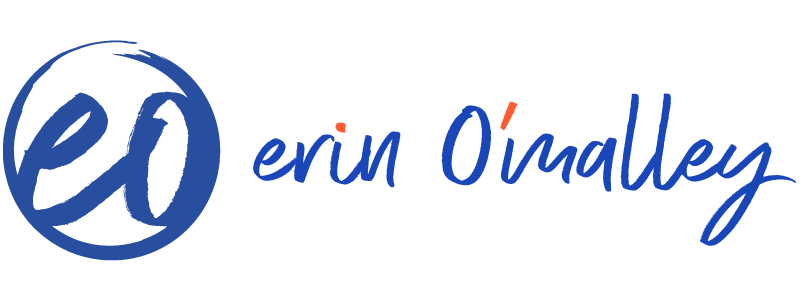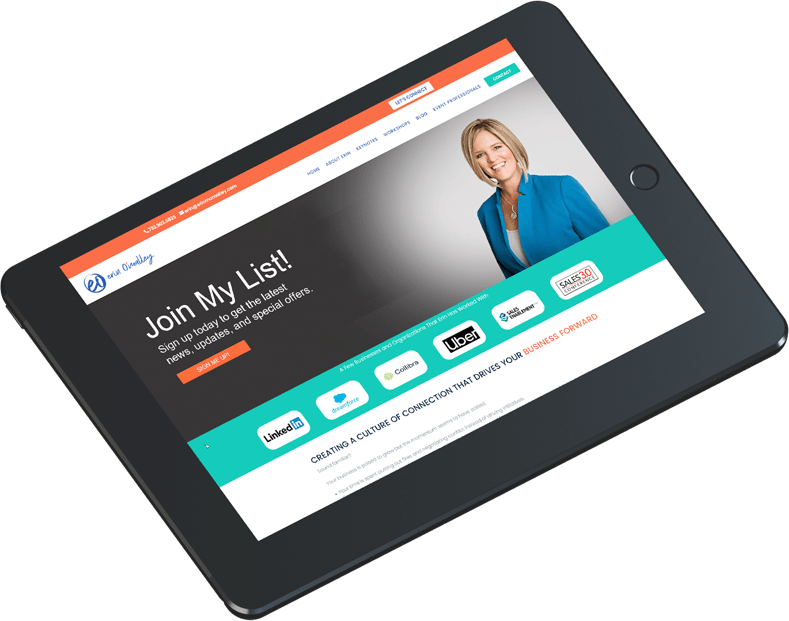Freshman year at JMU I signed up for a 1-credit elective. The subject: “The 7 Habits of Highly Effective People.” I vaguely remember cutting out journal entries and scotch-taping them to printer paper for our end-of-semester project.
My taped entries were my reflections of how I had or hadn’t been living like a highly effective person. I remember getting an A+ for creativity, and a not so much for promptness as I was an hour past the deadline. Effective, not efficient. 😉
26 years later, the habit that occupies most of my journal space and teaching space is Habit #5: Seek First to Understand, Then to Be Understood.
Except it’s a little different. It looks something like this: Seek First to Understand. Period.
Here’s why: Human nature dictates that WE want to be heard and understood.
Imagine if you’ve had a tough moment with a friend and you are looking to have a conversation. As you mull over thoughts in your mind to prepare for the convo, you think, “OK. Yeah, I’ll ask them their side of the story.” Cool. Good start. But…
THEN you think, “And after I get their side, I’m going to make sure she understands my side.” In your head, you build your case. You come up with potential rebuttals to their arguments. You tap into how they made you feel, so you can make sure they know. You rehash every detail, so you can be specific when you are trying to be understood.
Just me? 😬
All of your energy goes to the “then to be understood” part. You talk a good “seeking to understand” game, but you are listening through the filter of your experience. You are listening through those emotions you just stirred up in yourself. You are trying to understand–while not trying to forget the specific details you’ve outlined to share when it’s your turn.
With all of that prep and all of that happening, it becomes downright DIFFICULT to seek first to understand.
What to do instead?
Get curious. Be madly aware their words fight hard and struggle to penetrate the filter of our experience, narratives, evidence, and emotions.
Stay curious by asking questions like:
- What am I not seeing?
- What can I see differently?
- What are they feeling?
- What am I assuming?
- Where am I putting my version of the moment in front of theirs?
When we stay curious we can go beyond seeking and truly understand a person. We can acknowledge their experience. We can wonder what it was like for them. We can imagine what it feels like to be them. When we do that, THEY feel heard and understood. THEN it’s your turn. Chances are, you can put down some of your defense and points of argument when you build off of this intention of connection.
Until then, your assignment (kicking it back to your college days) is to ditch (for now) the second half of the habit and focus your energy on the first. Talk soon,




0 Comments